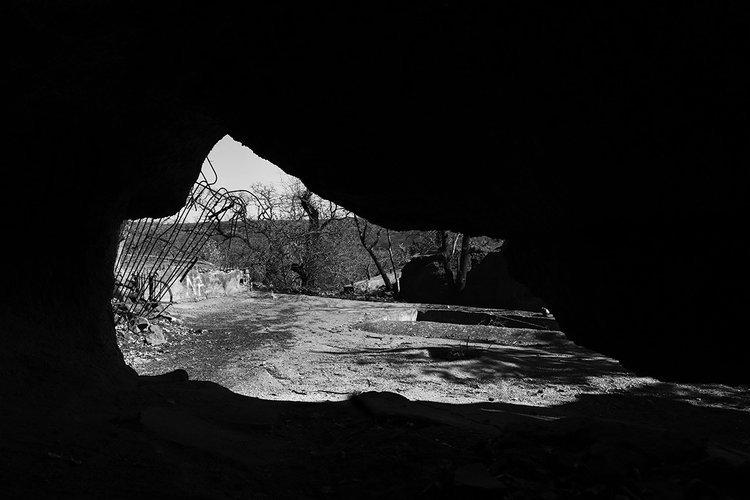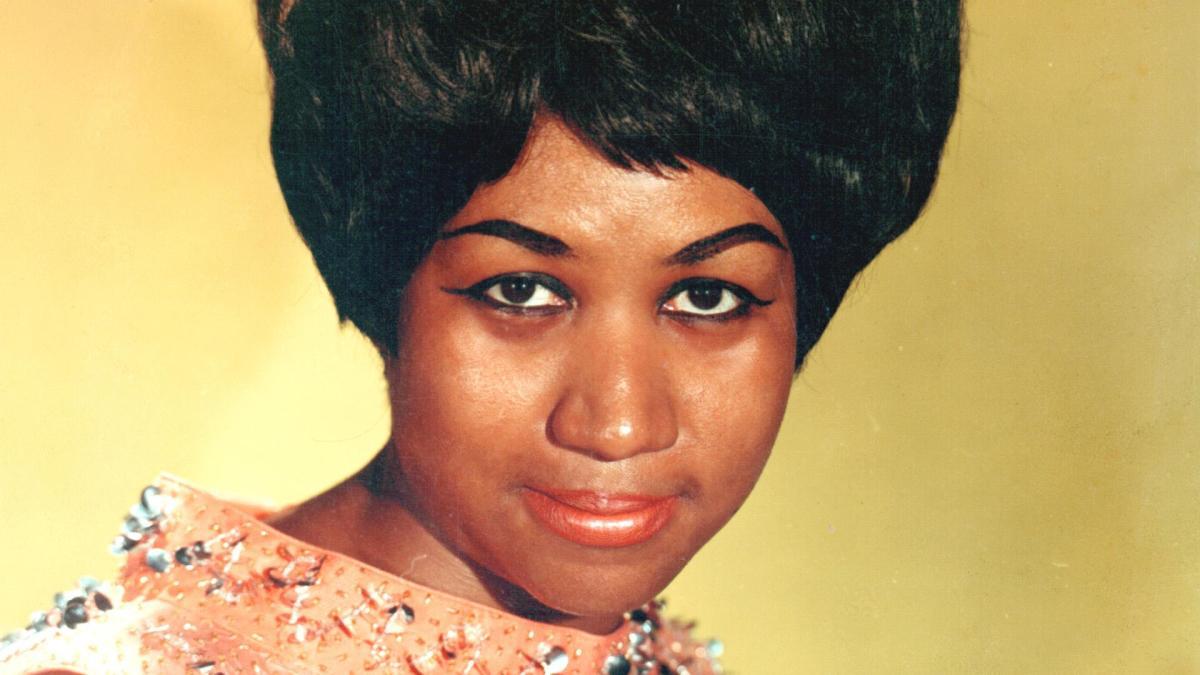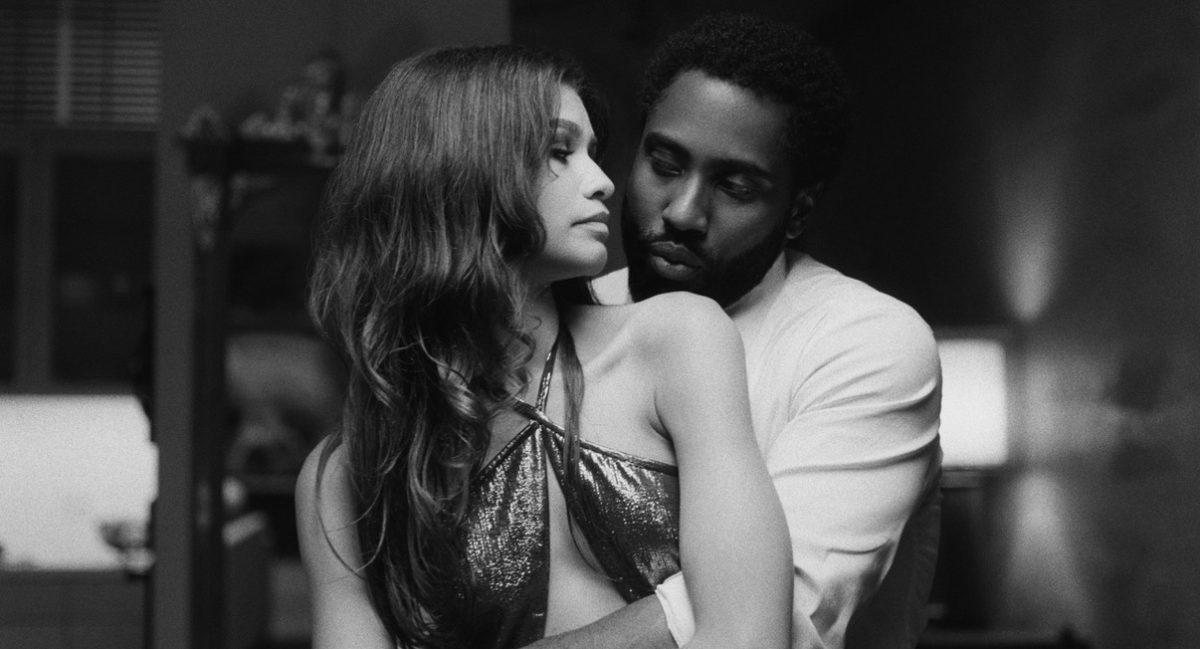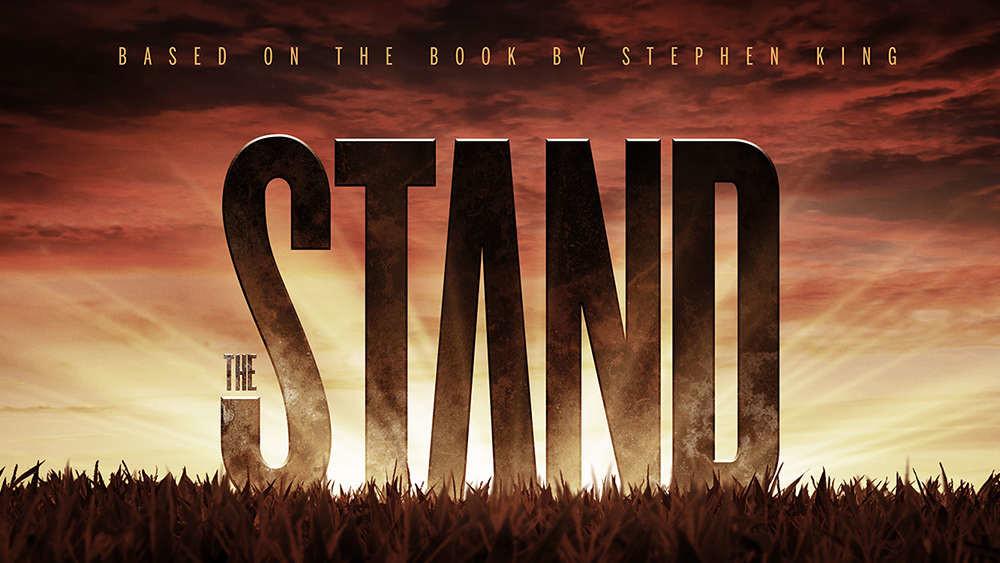“The distinction between past, present, and future is only a stubbornly persistent illusion.”—Albert Einstein
First and foremost, Netflix’s latest project is by no means “Stranger Things.”
There are no demogorgons, no Upside Down and no Eleven. Nevertheless, “Dark” is an irresistible watch, weaving together a mystery box of nihilism and morbidly interwoven destinies condemned by science. Where this German science-fiction thriller blatantly lacks in the iconic “strange” comedic charm, it dominates in crafting a binge-worthy tale of hopelessness.
Masterminds Baran bo Odar and Jantje Friese constructed a series of psychological torment. Found in the wake of cruel inevitability, and growing in stimulating crescendos, the dark happenings befalling the unconventionally authentic and antagonistic characters who inhabit the German town of Winden after two young children go missing ground “Dark” in a reality far beyond the television screen. Like a room with no exit, this 11-episode season forces both its characters and audience to confront uncomfortable truths about themselves and the imminent and ugly consequences of their actions.
This Netflix Original aptly owns up to its utterly cliché name, showcasing its mastery of the dark in its most pure, hard-to-watch form. Cheating spouses, subtle hints of abuse, ruptured bitterness and dumped piles of children — “Dark” carries with it a memorable, ominous weigh of capable evil enacted by three generations of Winden’s best and worst. Wrapped in an audacious J.J. Abrams style of subtlety, the show’s greatest moments leave viewers with more questions than answers, inspiring hunger for more answers while at the same time evoking a wanting for more riddles, more suspense and more of the very characters we are manipulated to hate.
While this can be a turn-off to some, “Dark” has negativistic origins and psychological autopsies that pull no punches during the show’s most physically and mentally agonizing moments – by-products of its slow-burn style pacing. Instead of brownnosing the general audience’s expectation of clear and episodic unraveling of questions, director bo Odar cleverly spoon-fed his creation with breath-holding suspense, intriguingly enigmatic characters and moments of ultimate despair.
Although criticism is directed towards the show’s lack of sympathetic characters, I respect its approach to veer away from conventional character tropes — a need for a hero or heroine to save the day is a storytelling eyesore. For a “Heart of Darkness-esque” story strung up by cynicism and life-threatening mystery, “Dark’s” surplus of undesirable characters actually enhances the down-to-earth imperfections and nastiness anyone (e.g. best friend, neighbor, spouse, co-worker) can possess on an everyday basis.
The ensemble of talent collectively contributed to this melting pot of fear and fury with compelling performances all around — the stand outs being Oliver Masucci (plays Ulrich Nielsen), who wholeheartedly embodied a hardened man whose psyche borderlines on madness, and Louis Hofmann as emotionally sucked-dry Jonas Kahnwald, both who become unfortunate representations of “Dark” brilliantly twisting and ruining the classic heroic archetype.
“Dark” does have its moments of frustration, whether it is against a particular character or the pacing of the plot. Sometimes, you might want to take a break from the bare-faced violence against the innocent and the characters you could not help but gravitate to. Despite these discrepancies, “Dark’s” depictions of predestined cruelty and moments of characters’ pure desperation to change is a seductive darkness that will call for you to turn off the lights and completely surrender yourself to its melancholy.
“Dark” is available on Netflix in dubbed English, but I highly implore you to immerse yourself in its original German atmosphere for a more realistic experience.











